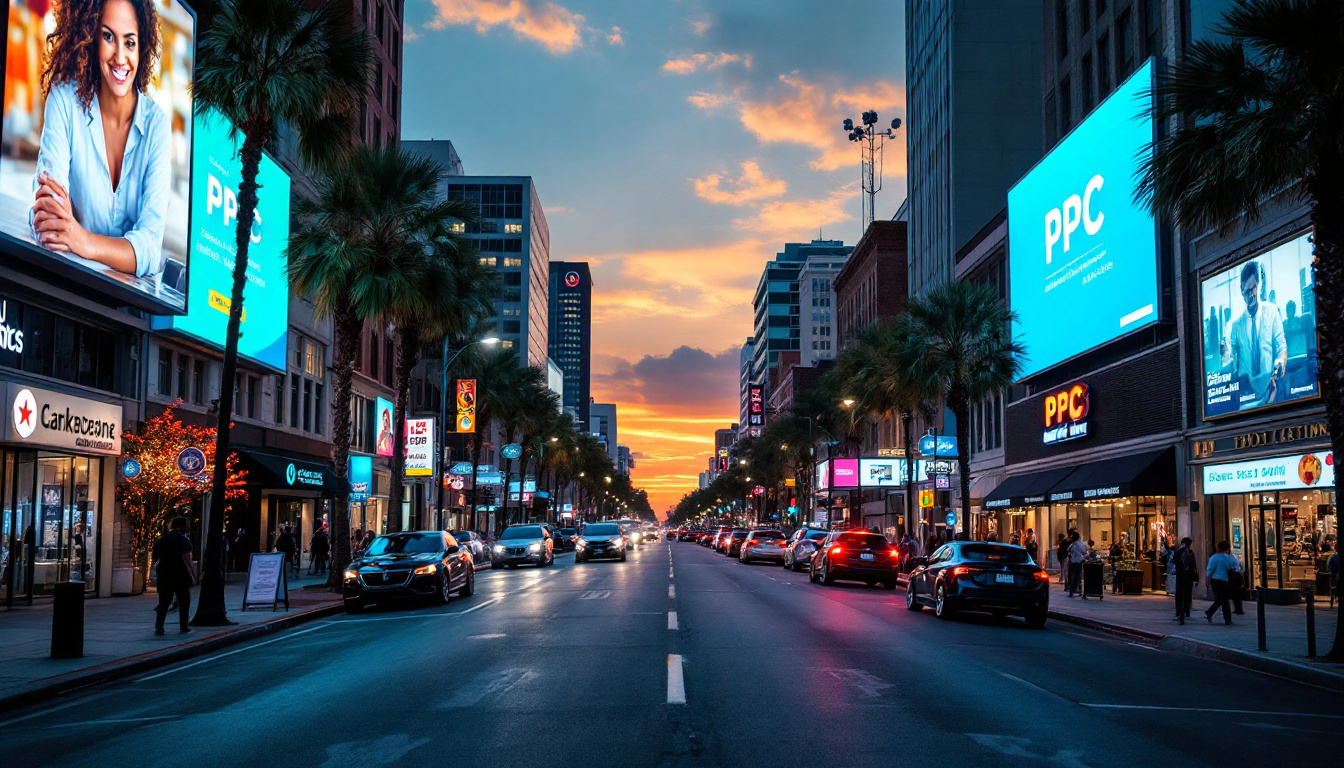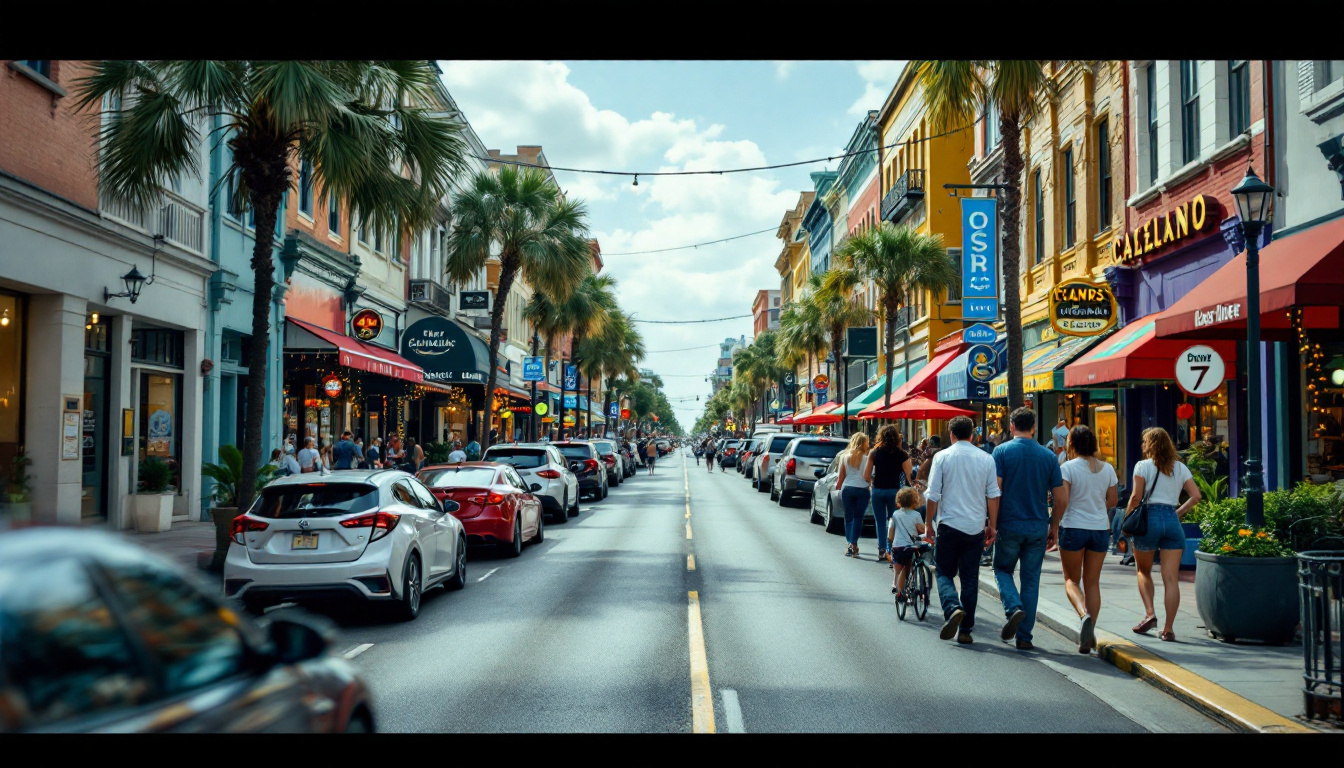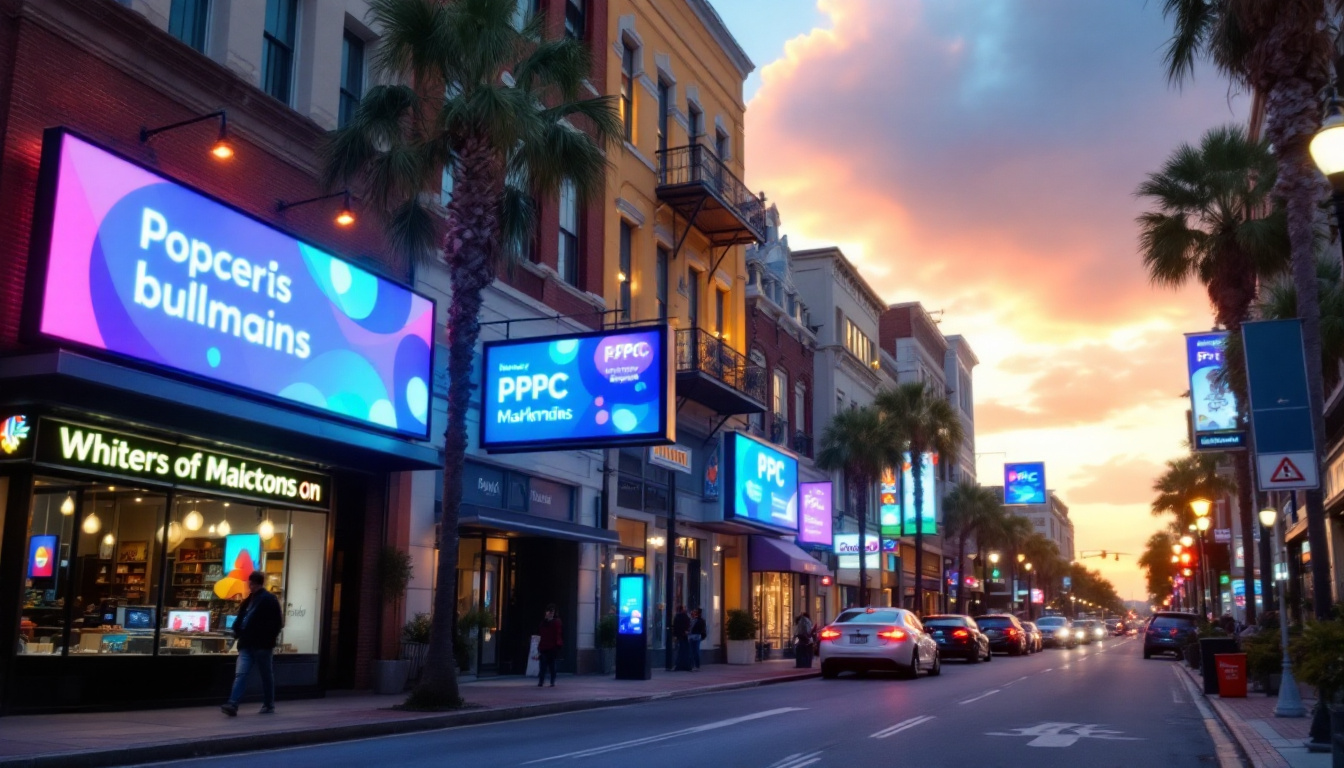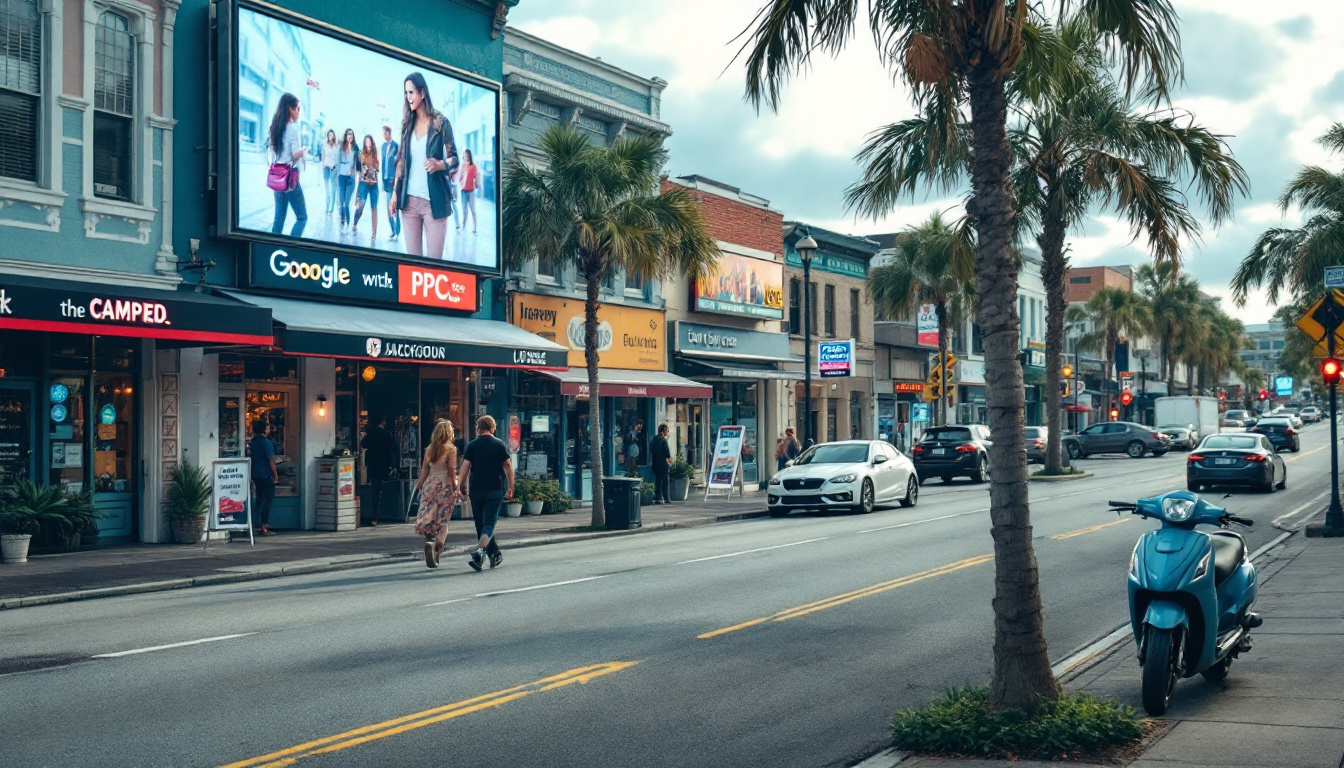Top PPC FAQs Answered for Jacksonville, FL Businesses

PPC, or pay-per-click advertising, has become an essential aspect of digital marketing for businesses looking to increase their visibility and drive traffic online. Especially for local businesses in Jacksonville, FL, understanding the nuances of PPC can lead to substantial growth and success. This article addresses some of the most frequently asked questions regarding PPC to provide clarity and actionable insights.
What is PPC and how does it work?
PPC, or pay-per-click advertising, is a digital marketing model that allows businesses to place ads on search engines, social media platforms, and other websites. The key characteristic of PPC is that advertisers only pay when a user clicks on their ad. This model provides a cost-effective way to reach potential customers and can deliver immediate traffic.
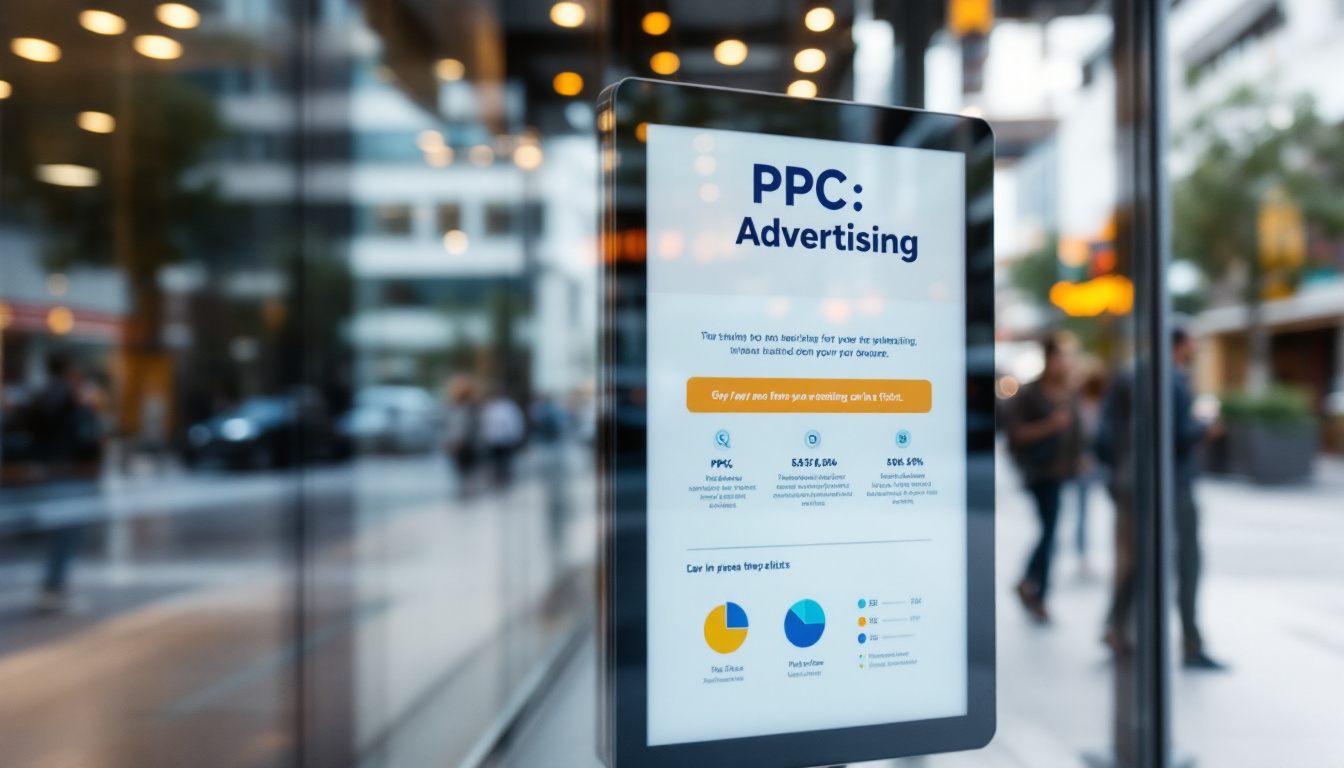
The process typically involves several key components:
- Keyword Research: Selecting relevant keywords that potential customers are likely to use while searching for products or services.
- Ad Creation: Crafting ads that are engaging and relevant to the targeted keywords.
- Bidding: Determining how much to pay for each click on the ad, which can depend on the competitiveness of the chosen keywords.
- Landing Pages: Directing users to specific web pages designed to convert visitors into customers.
In summary, PPC works by enabling businesses to bid on keywords, creating targeted ads that connect directly with potential customers when they search for relevant terms.
One of the most significant advantages of PPC is its ability to provide measurable results. Advertisers can track various metrics, such as click-through rates (CTR), conversion rates, and return on investment (ROI), allowing them to refine their strategies over time. This data-driven approach helps businesses optimize their campaigns, ensuring they get the best possible results from their advertising spend. Additionally, PPC campaigns can be adjusted in real-time, enabling marketers to respond quickly to market changes or shifts in consumer behavior.
Moreover, PPC is not limited to search engines alone; it extends to social media platforms like Facebook, Instagram, and LinkedIn, where businesses can target specific demographics based on interests, behaviors, and location. This versatility allows for highly tailored advertising strategies that can resonate with distinct audience segments. As a result, companies can enhance their brand visibility and attract a more engaged audience, ultimately leading to higher conversion rates and customer loyalty.
Why is PPC important for local businesses?
PPC advertising holds unique advantages for local businesses in Jacksonville. One of the primary benefits is that it allows for hyper-targeted marketing. By utilizing geo-targeting, businesses can ensure that their ads only appear to users in specific geographical areas, increasing the chances of conversion. This means that a local coffee shop can reach potential customers who are within a few miles of their location, effectively maximizing their advertising budget by focusing on those most likely to visit.
Additionally, PPC offers flexibility and quick results:
- Immediate Traffic: Unlike SEO, which can take time to build, PPC can drive traffic to websites almost instantly.
- Measurable Results: Campaigns can be tracked with precision, allowing businesses to analyze performance and adjust their strategies as needed.
- Brand Visibility: Even if users don’t click on the ads, the presence of ads can help in brand recognition within the local community.
For local businesses in Jacksonville, leveraging PPC can be a game-changer, making it essential for establishing a competitive edge in a crowded market. Furthermore, PPC platforms like Google Ads and Facebook Ads provide robust tools for A/B testing different ad copies and visuals, enabling businesses to refine their messaging based on real-time feedback. This iterative process not only enhances the effectiveness of the ads but also fosters a deeper understanding of customer preferences and behaviors.
Moreover, local businesses can take advantage of seasonal trends and events by tailoring their PPC campaigns accordingly. For instance, a local florist can ramp up advertising around Valentine’s Day or Mother’s Day, ensuring that their services are front and center when demand peaks. By aligning PPC strategies with local events and holidays, businesses can capitalize on heightened interest and drive sales during critical times, further solidifying their presence in the community.
How to select the best PPC platform?
Selecting the right PPC platform is crucial to the success of a campaign. Multiple platforms cater to different business goals and audience demographics. The most common PPC platforms include Google Ads, Facebook Ads, and Bing Ads, each offering unique advantages.
When selecting a platform, businesses should consider:
- Target Audience: Understanding where their audience spends time online can dictate which platform to use.
- Advertising Goals: Different platforms are more suitable for various objectives, like brand awareness vs. direct sales.
- Budget Considerations: Some platforms may require higher bids to achieve visibility, which can stretch budgets thin.
- Ad Formats: Certain platforms may provide specific ad formats that resonate better with the product or service being marketed.
By aligning their goals and budget with the characteristics of different PPC platforms, businesses can enhance their advertising effectiveness and reach their target audience more efficiently. Additionally, it’s essential to evaluate the analytics and reporting features each platform offers. Robust analytics can provide insights into campaign performance, allowing businesses to tweak their strategies in real-time for optimal results. For instance, Google Ads provides comprehensive tracking tools that can help identify which keywords are driving conversions, while Facebook Ads offers demographic insights that can refine audience targeting.
Moreover, businesses should also consider the learning curve associated with each platform. Some platforms, like Google Ads, may have a steeper learning curve due to their extensive features and options. In contrast, platforms like Facebook Ads might be more user-friendly for beginners, allowing for quicker setup and execution. Understanding the level of expertise required can help businesses allocate resources effectively, whether that means investing in training for their team or hiring external experts to manage their campaigns.
What are the costs associated with PPC?
The costs of PPC advertising can vary greatly depending on various factors. Businesses need to consider the following elements when budgeting for their campaigns:
- CPC (Cost Per Click): This is the primary cost where businesses pay a certain amount every time someone clicks on their ad. CPC can range from a few cents to several dollars based on the competitiveness of chosen keywords.
- Daily/Monthly Budgets: Advertisers set limits on how much they wish to spend daily or monthly to control costs and monitor expenses effectively.
- Ad Quality: Higher quality ads can lead to lower CPCs, as platforms reward relevant and engaging ads with better placements.
- Additional Fees: Some platforms may charge fees for specific ad formats, placements, or auditing services.
A strong understanding of these costs allows businesses to craft a PPC strategy that aligns with their marketing budgets while maximizing ROI.
In addition to the basic costs outlined above, businesses should also consider the impact of geographic targeting on their PPC expenses. Ads targeted to specific regions or demographics may incur different costs based on local competition and market demand. For instance, a highly competitive urban area may see significantly higher CPC rates compared to a rural location. This geographic variance necessitates careful analysis and potentially adjusting bids to optimize ad performance and cost-efficiency.
Furthermore, the choice of advertising platform can also influence overall costs. Different platforms, such as Google Ads, Bing Ads, or social media channels, have unique pricing structures and audience engagement levels. For example, while Google Ads may dominate in terms of search intent and conversion rates, platforms like Facebook or Instagram offer robust targeting options that can yield high engagement at potentially lower costs. Evaluating these factors is crucial for businesses looking to maximize their advertising dollars and achieve their marketing goals effectively.
How to measure the success of your PPC campaigns?
Measuring the success of PPC campaigns is essential for understanding their effectiveness and making necessary adjustments. Several key performance indicators (KPIs) can help businesses gauge the performance of their campaigns:

- CTR (Click-Through Rate): This metric indicates how often people click on the ad after seeing it. A higher CTR suggests that the ad is appealing to the audience.
- CPC (Cost Per Click): Analyzing how much is being spent per click helps determine if the campaign is financially viable.
- Conversion Rate: Tracking how many clicks lead to desired actions, such as a purchase or sign-up, provides direct insight into the effectiveness of the landing page.
- Return on Ad Spend (ROAS): This determines the revenue generated for every dollar spent on the ad, an essential metric for measuring overall campaign profitability.
By continuously analyzing these metrics, businesses can refine their strategies, eliminate ineffective ads, and optimize their campaigns to achieve better results. Additionally, it’s crucial to segment data by demographics, device type, and geographic location to gain deeper insights into audience behavior. For instance, understanding which segments yield the highest conversion rates can inform future targeting efforts, allowing businesses to allocate their budgets more effectively and maximize their return on investment.
Furthermore, A/B testing different ad copies, visuals, and landing pages can provide valuable information on what resonates best with the target audience. This iterative process not only enhances the current campaign but also builds a repository of knowledge for future initiatives. The dynamic nature of PPC advertising means that staying ahead of trends and adapting strategies accordingly is vital for sustained success. In this rapidly evolving landscape, leveraging automation tools and machine learning algorithms can also streamline campaign management, helping businesses to make data-driven decisions with greater efficiency.
In conclusion, PPC advertising offers Jacksonville businesses a powerful tool for reaching targeted audiences and driving growth. Understanding its fundamentals, importance, and nuances can empower local businesses to leverage PPC effectively for their marketing goals.

As a Google Ads expert, I bring proven expertise in optimizing advertising campaigns to maximize ROI.
I specialize in sharing advanced strategies and targeted tips to refine Google Ads campaign management.
Committed to staying ahead of the latest trends and algorithms, I ensure that my clients receive cutting-edge solutions.
My passion for digital marketing and my ability to interpret data for strategic insights enable me to offer high-level consulting that aims to exceed expectations.




























